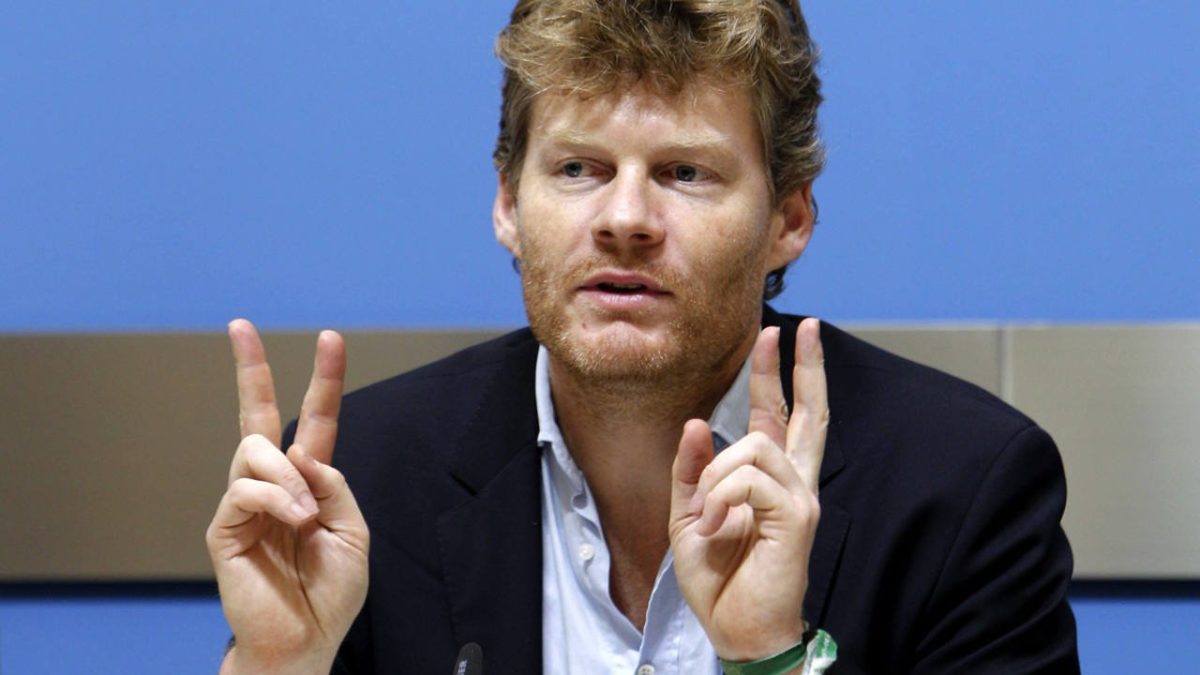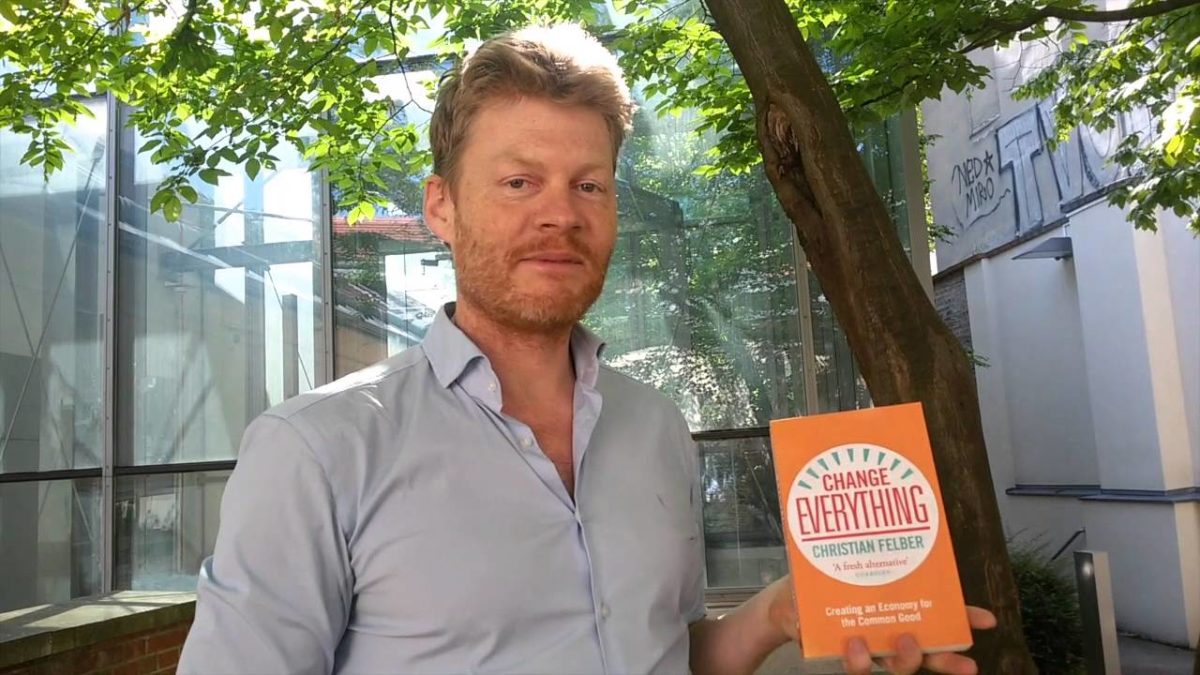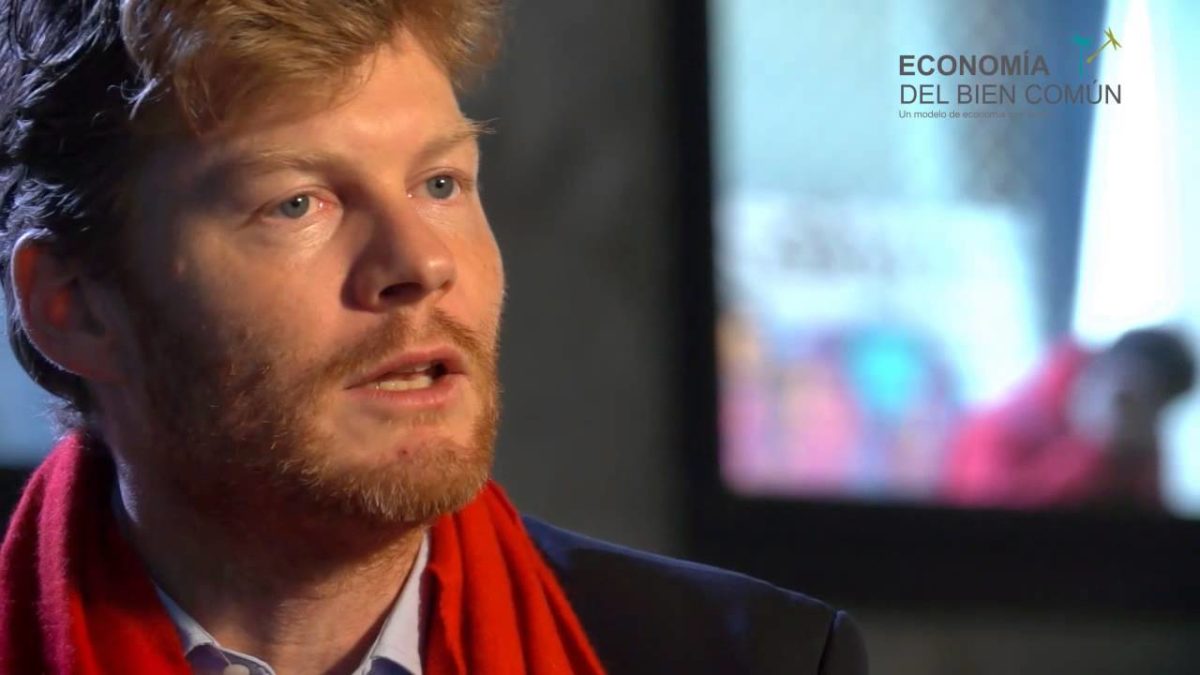Can you imagine a world where companies have a common good balance sheet?
That scenario may be far off, but less so thanks to an economic project called “Economy for the common good”, currently supported by thousands of companies, like La Fageda.
This movement advocates that the economy be at the service of the citizen rather than restricted to purely monetary gain.
To change the world, friend Sancho, is not madness or utopia, but justice. ” Miguel de Cervantes.
Its conceptual basis is simple: to modify one of the basic guidelines of our current culture by turning the desire for profit into a motivation for global good. From this transfer of Vision, the more caring, empathic and ecological companies are, the more successful they will be.
According to its creator, the Austrian economist Christian Felber, “this is a complete and consistent alternative economic model; yet at the same time it is open to developing a redirection of all economic actions towards the common good, a principle already included in the Constitutions of many countries, which is not being implemented. “

Christian Felber (December 9, 1972, Salzburg) is a university professor of Austrian economics; Dancer, writer of matters to do with economics and sociology.
A world in which national economies are not measured by GDP
Felber considers it a “method error” to measure national economies by their GDP; he asks: does the Gross Domestic Product of a country correspond to its quality of life? Does it indicate its social and political development?
According to Felber, it is not, and a more adequate indicator than the Gross Domestic Product is the Product for the Common Good, which measures, among other factors, the quality of democracy, environmental policy, fair distribution of benefits generated and equality.
The Common Good is already enshrined in the Constitutions of many countries but is not being implemented.”
Cooperation in competition generates positive development that is fed back. “Science says that cooperation motivates us more strongly than competition; that the human being has a sense of innate justice and the capacity for compassion, empathy, and the spontaneous impulse to help others; even two-year-olds have it”. Felber points out “The fact that we are so selfish today is because we have learnt to be, it is not something genetic”.

Felber promotes a humane, collaborative, sustainable model of the economy.
The common good balance sheet is different from the one we know. Unlike traditional or financial models, it measures how a company responds to the basic needs of a society:
- Human dignity.
- Solidarity.
- Sustainability.
- Social justice.
- Democracy in decision-making.
A world in which intangibles have their due value
According to the prevailing economic paradigm, the economy is measured in terms of economic success with monetary values or indicators that shut out human beings and the environment we live in; they thus dispense with the basic purpose to remain in the media, which become a spurious end.
A more suitable indicator than the Gross Domestic Product is the Product for the Common Good.”
Therefore, for Felber the Economy for Common Good does not imply an innovation, but a return to humanist principles. Many constitutions and legal norms reflect the principle according to which economic activity should serve the general interests and in general the common good or public well. For example, the Bavarian Constitution in article 151 indicates that: “All economic activity serves the common good”
Thus for Felber the introduction of the economy for the common good would amount simply to adapting the capitalist economy to constitutional principles, which in turn absorb ancestral ideals.
Centuries ago, Thomas Aquinas said that money must be in service of the common good.”
Christian Felber (December 9, 1972, Salzburg) is a university professor of Austrian economics; Dancer, writer of matters to do with economics and sociology.











